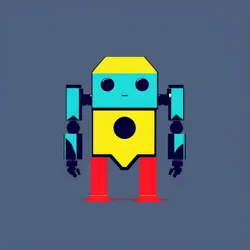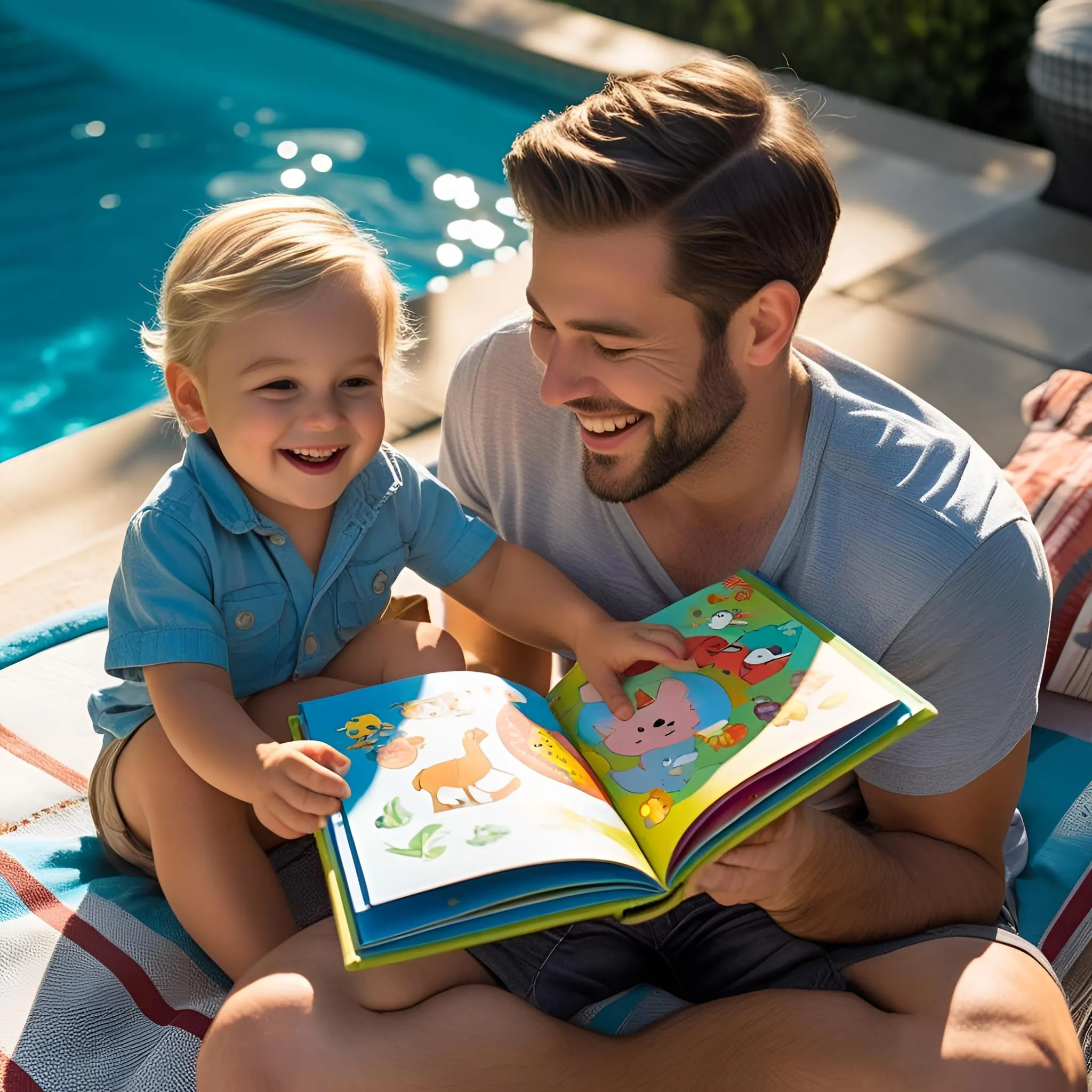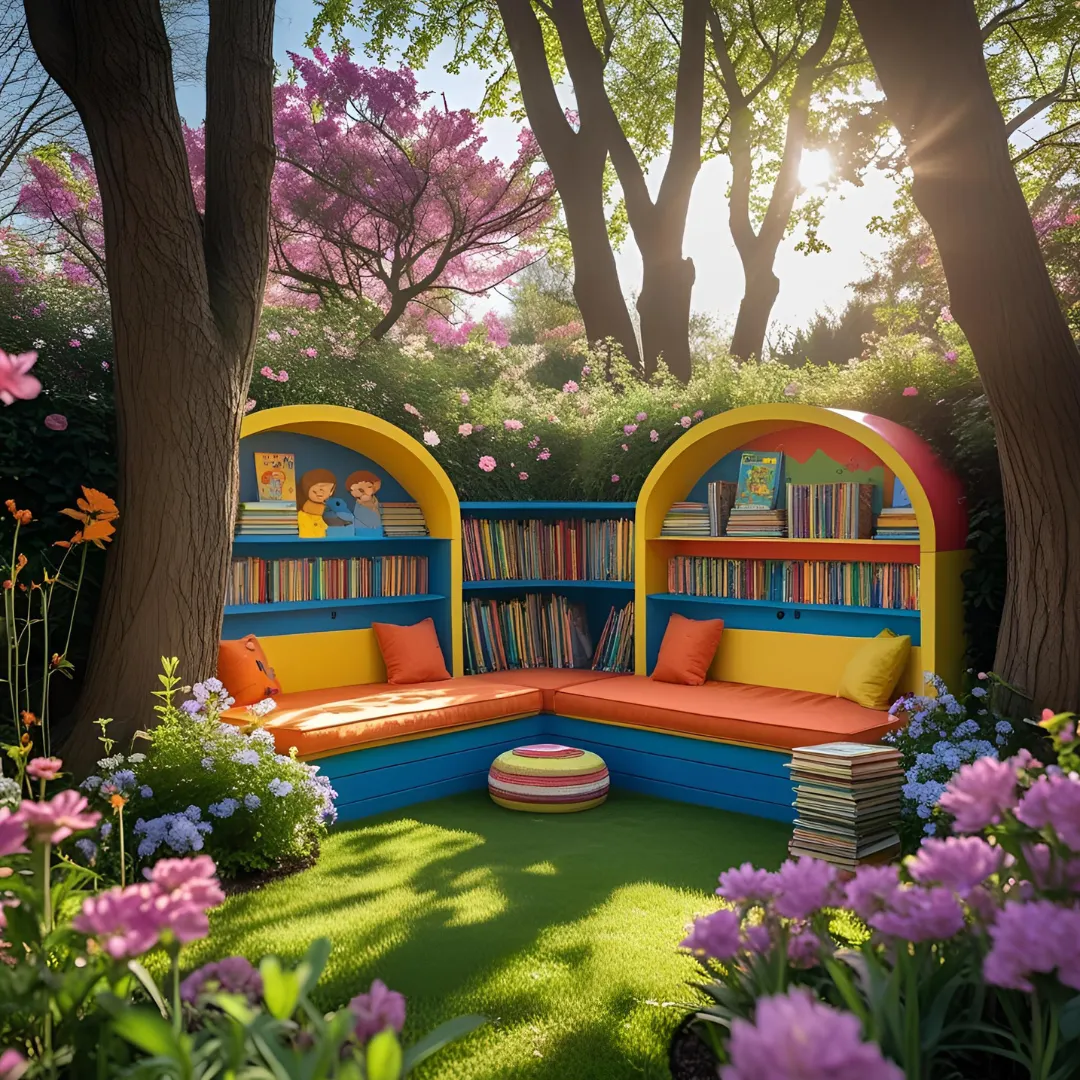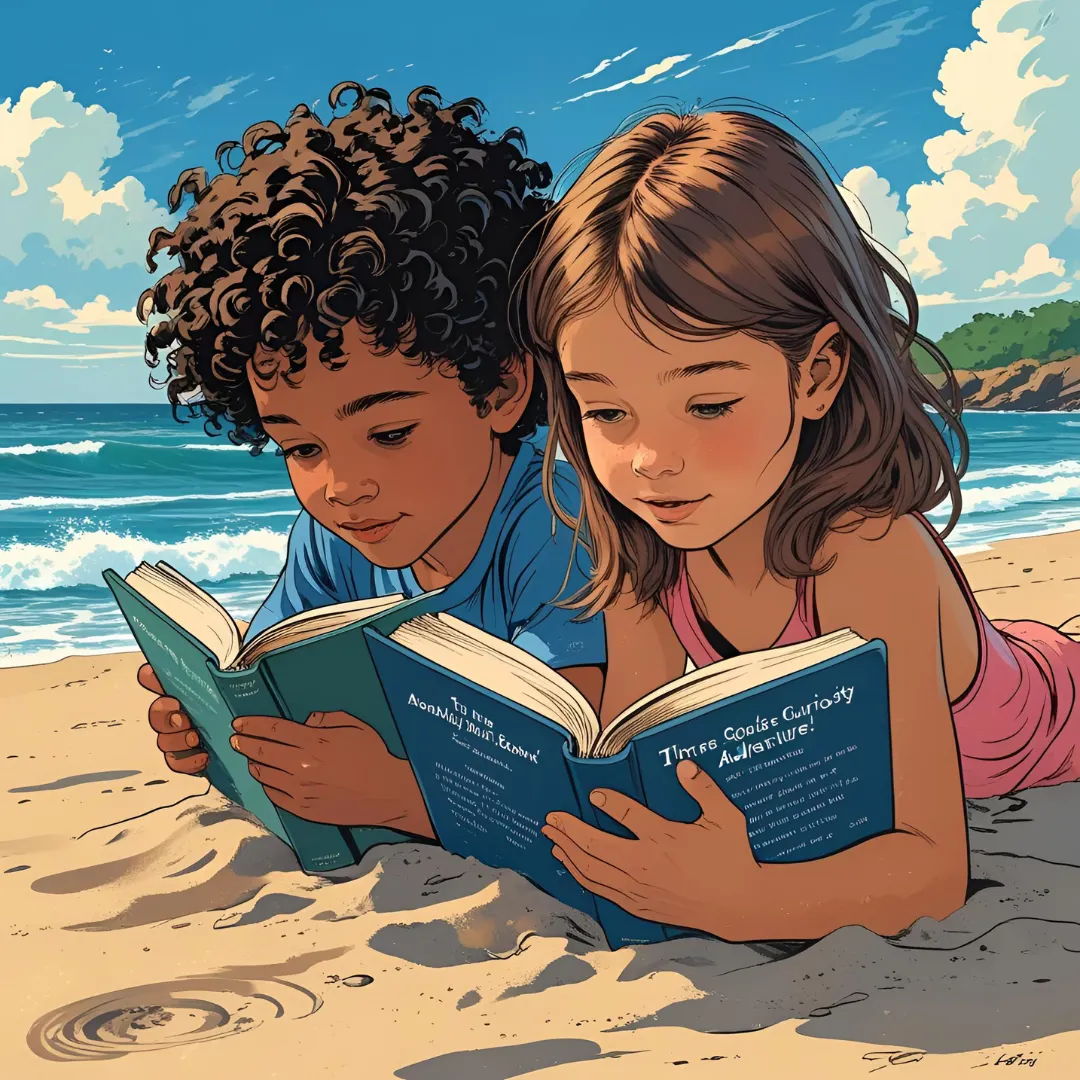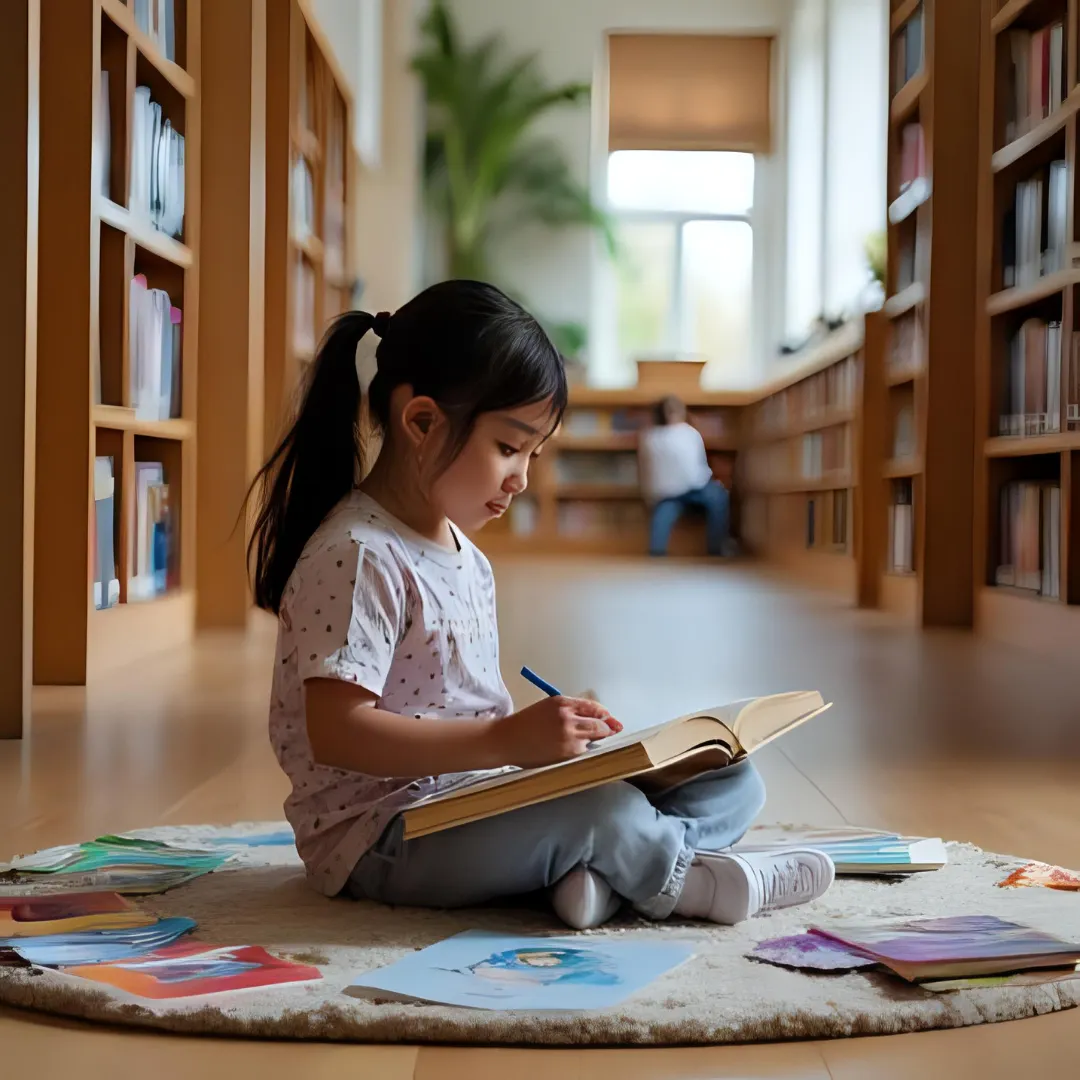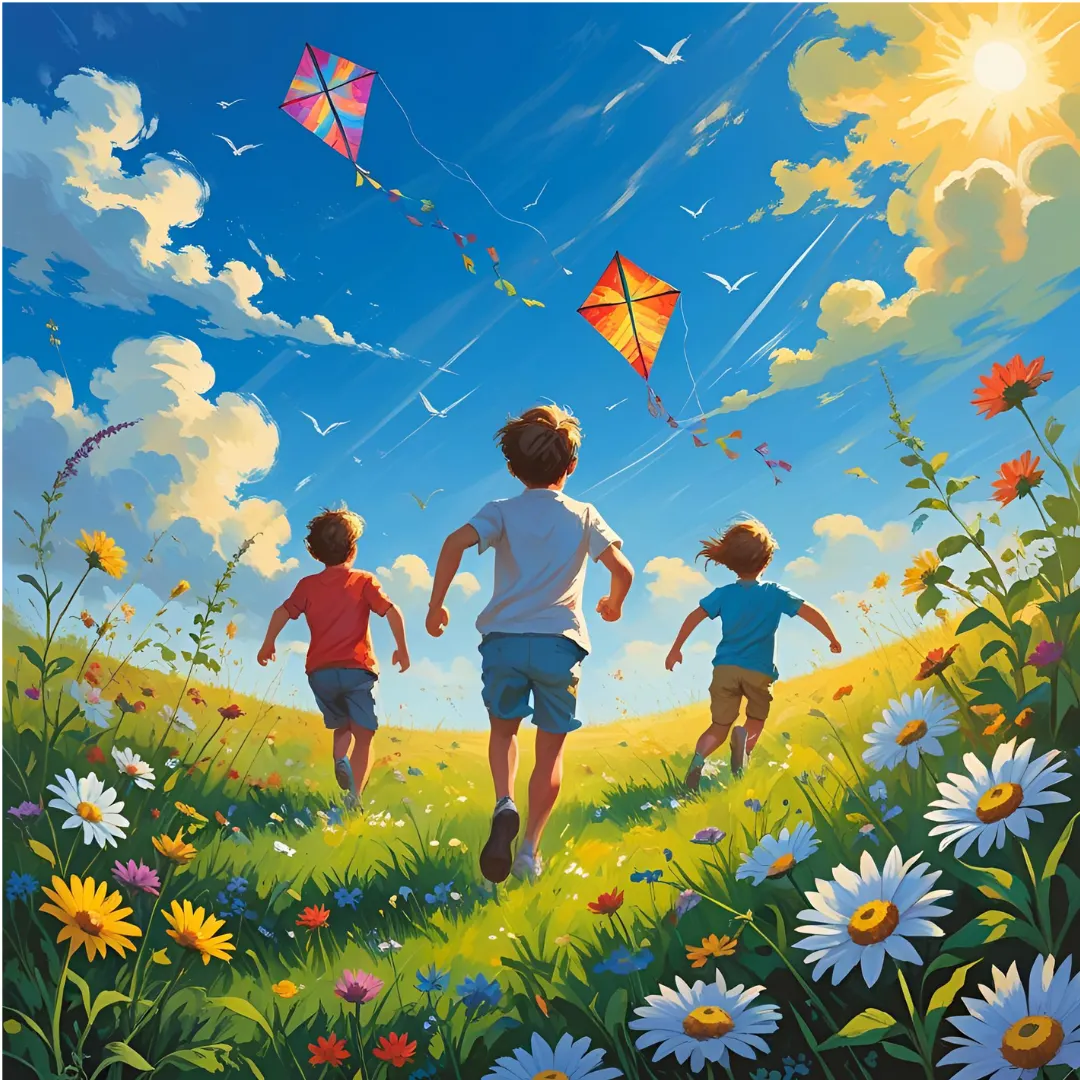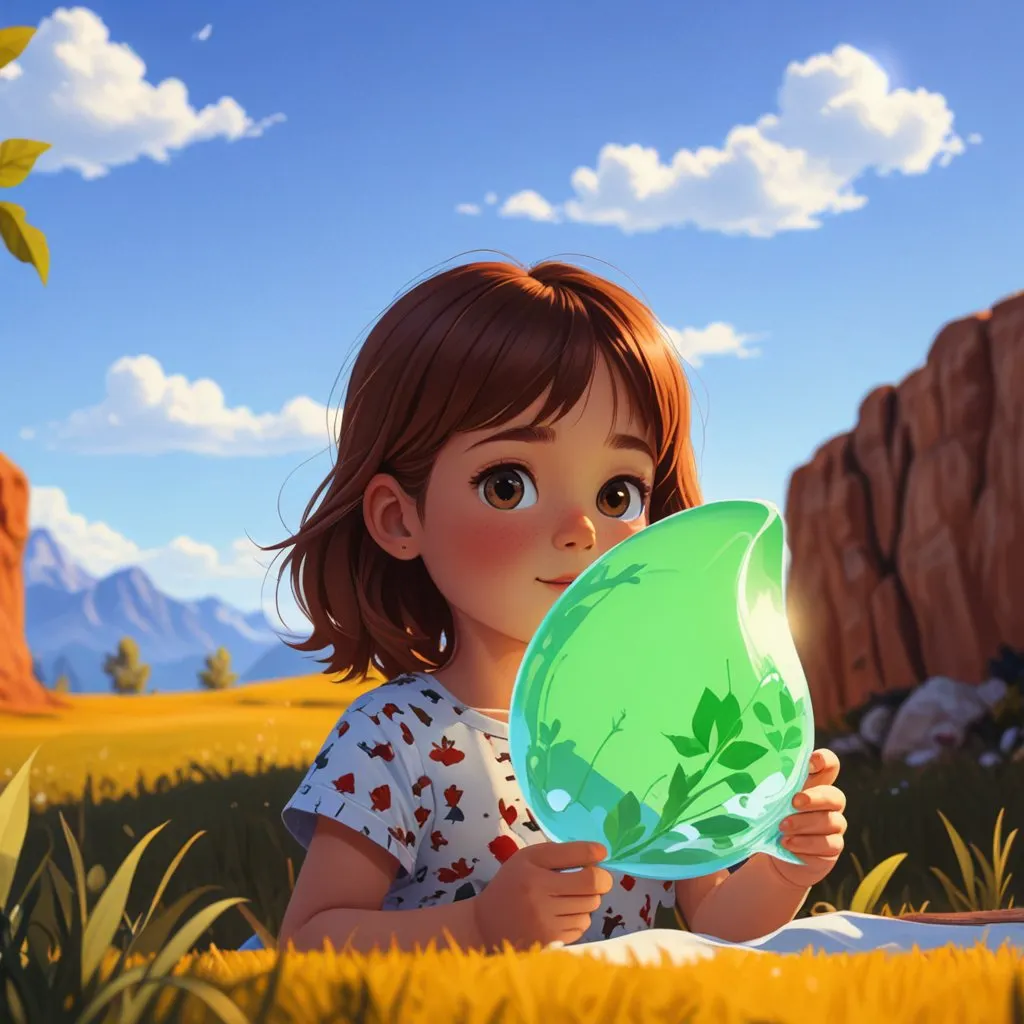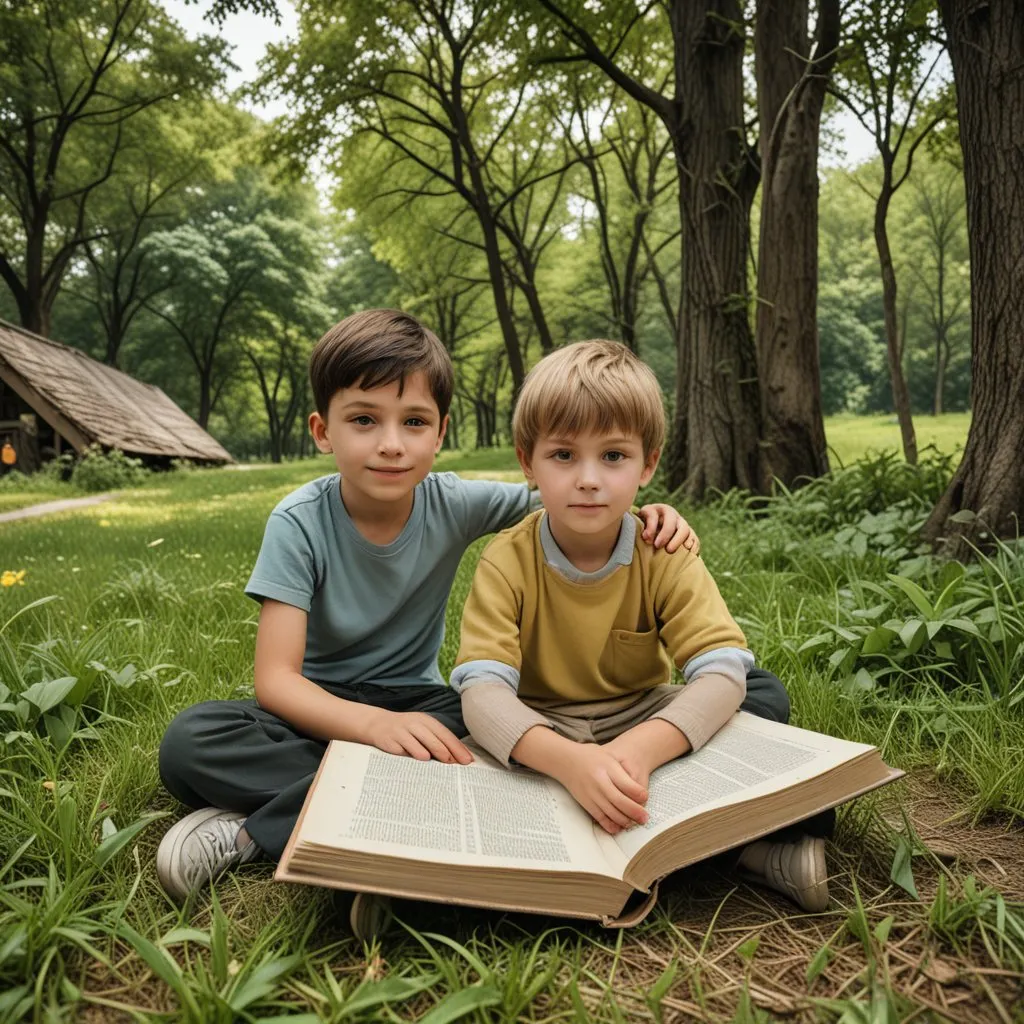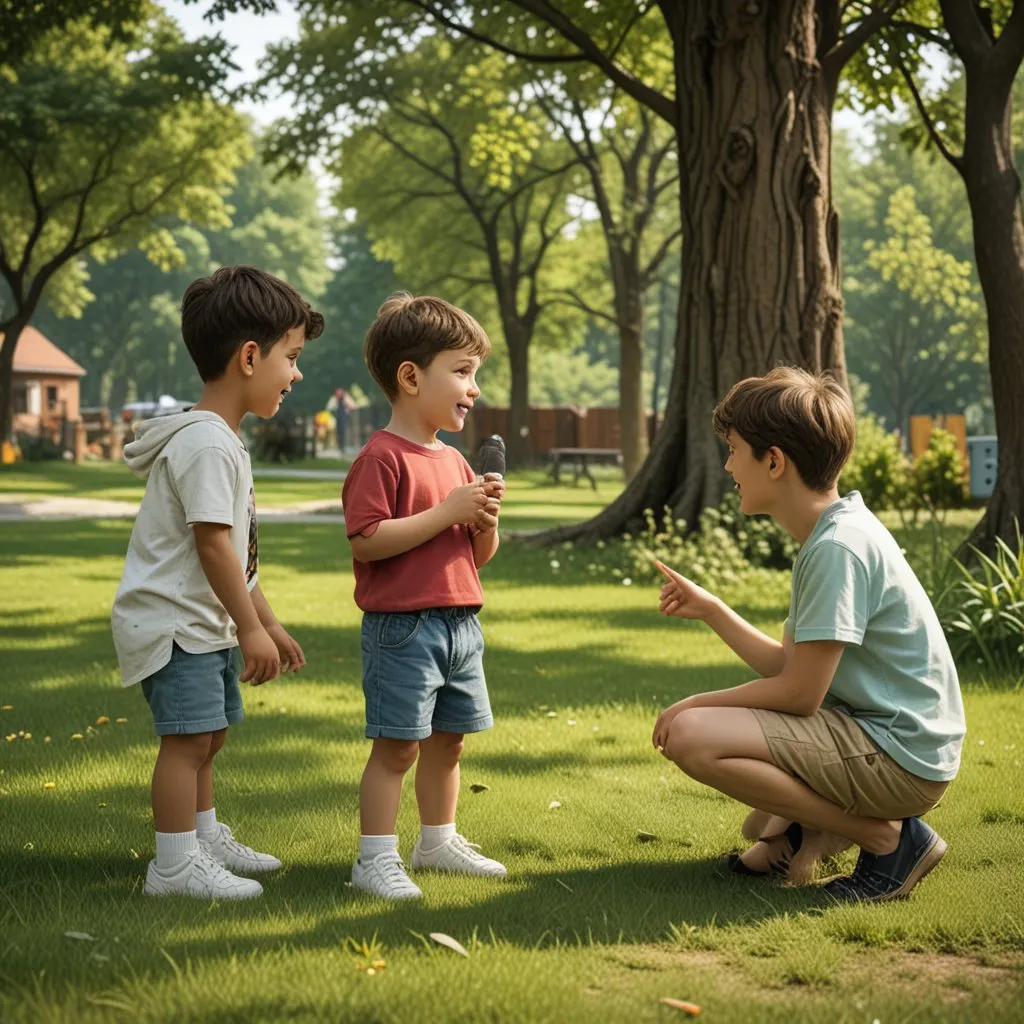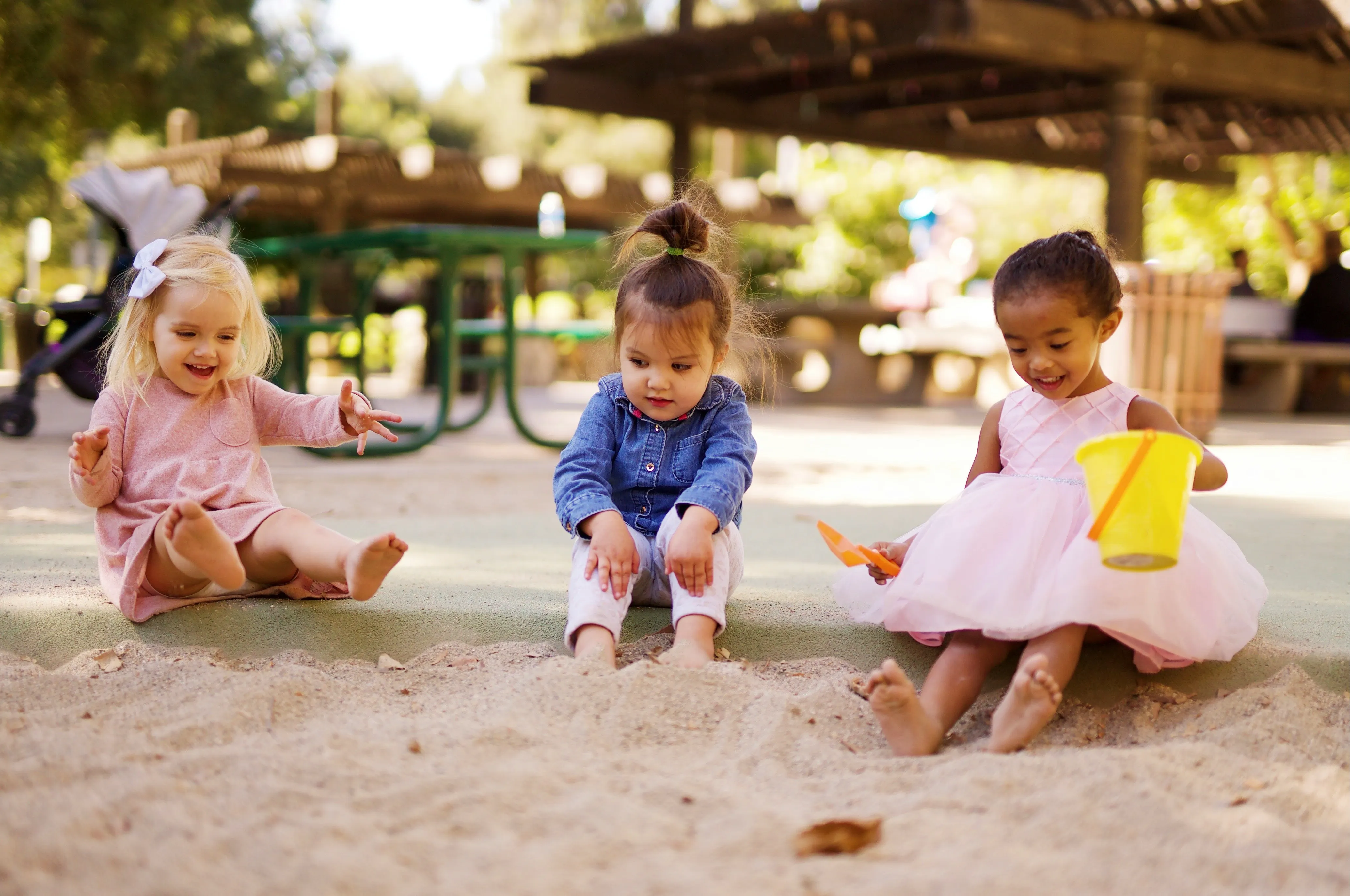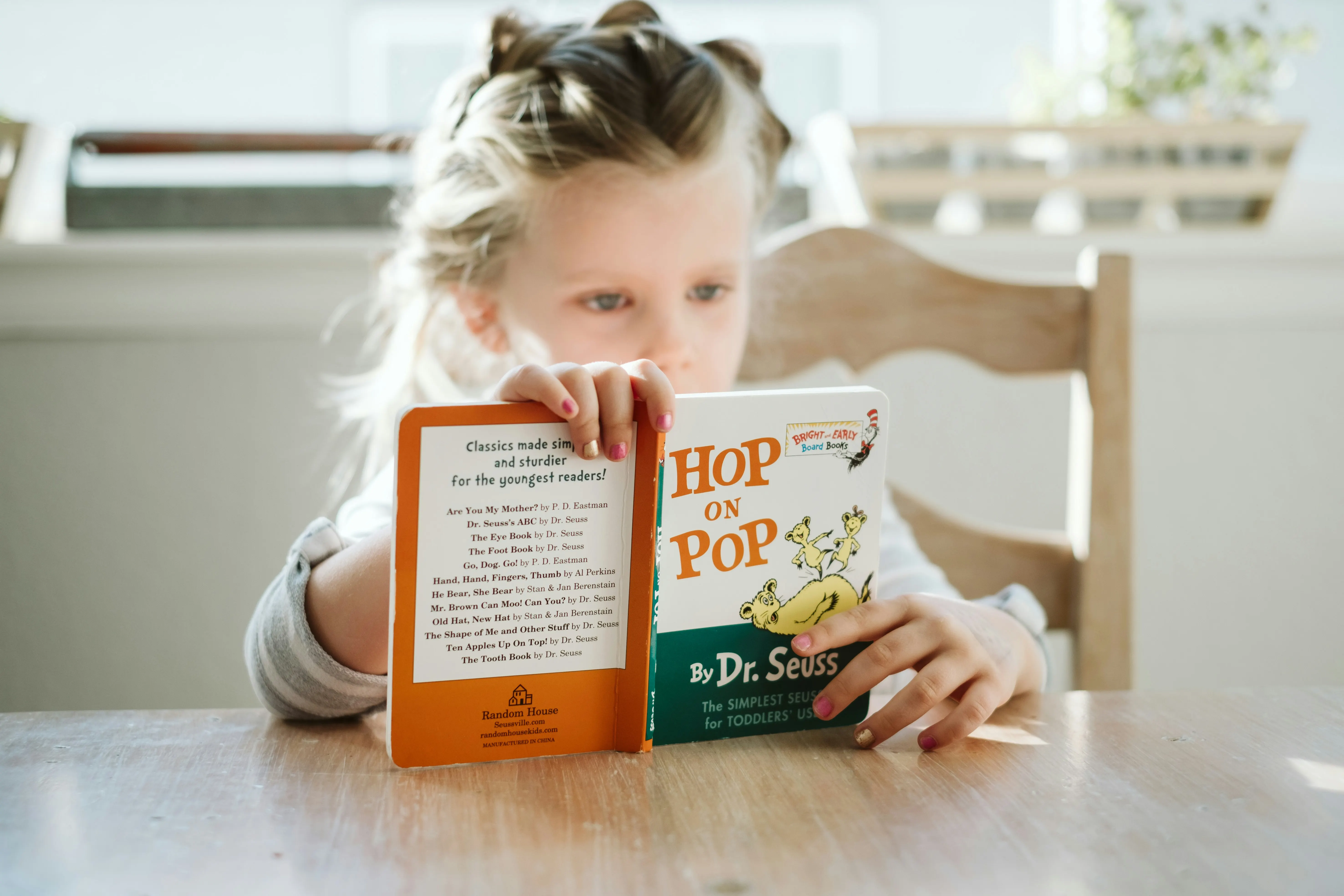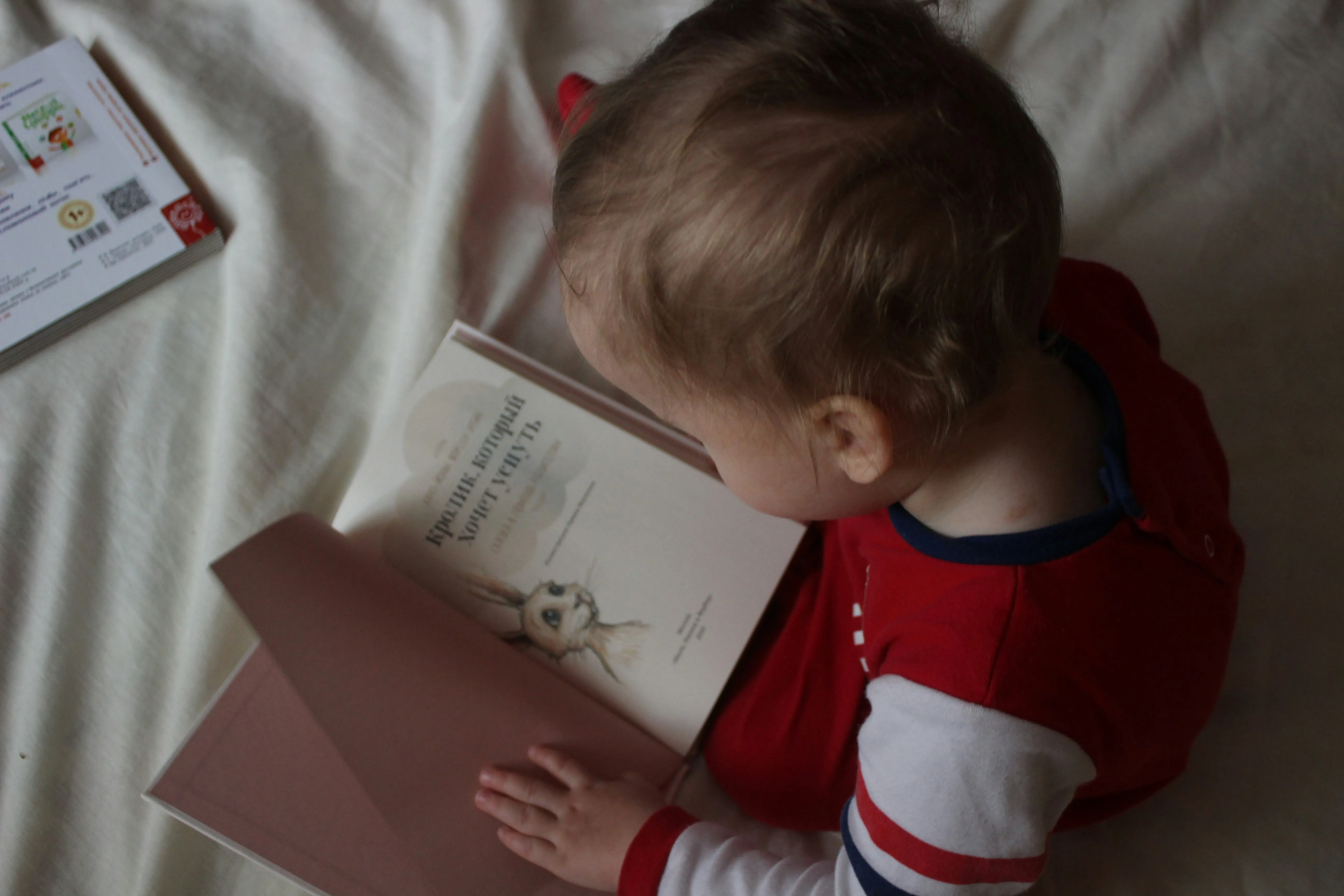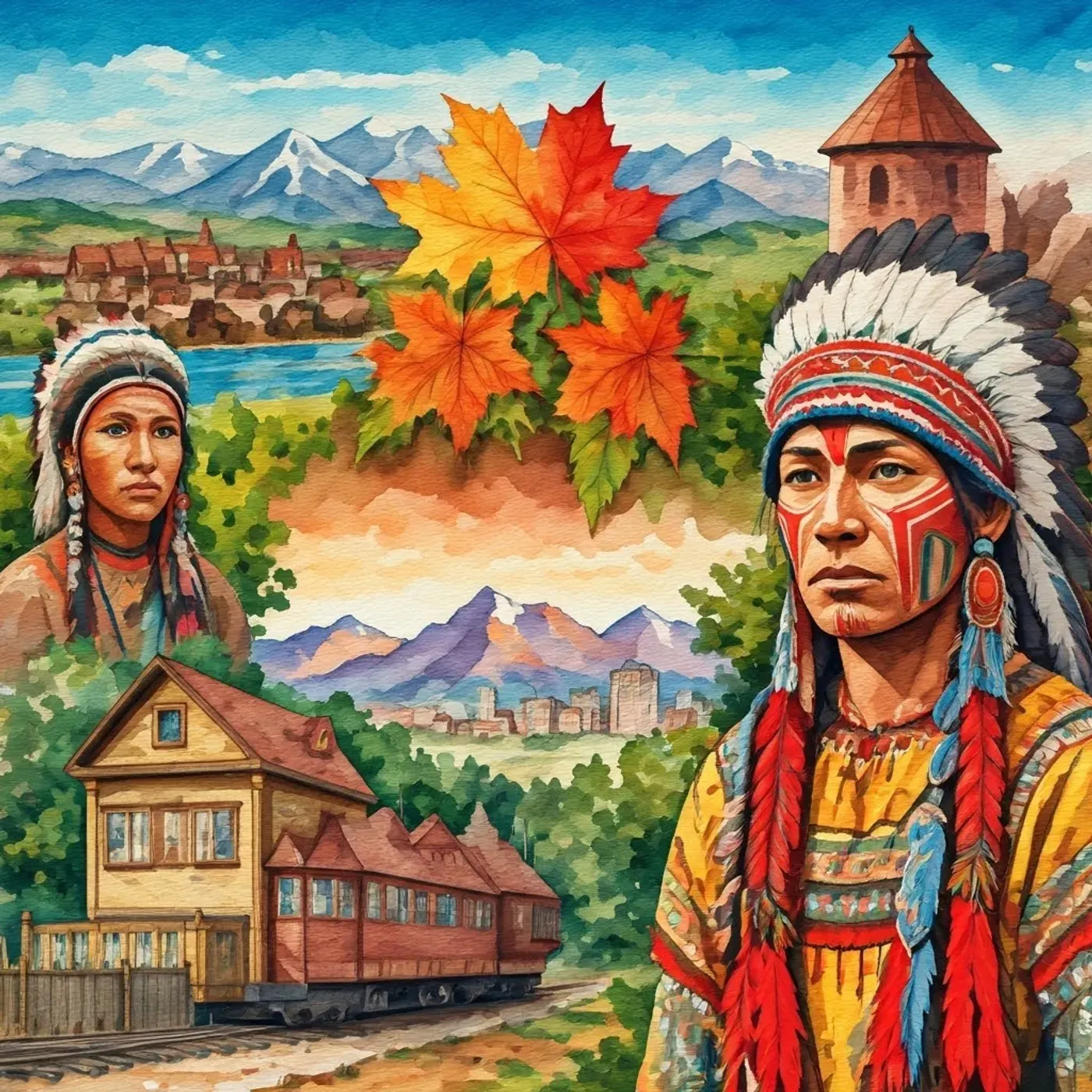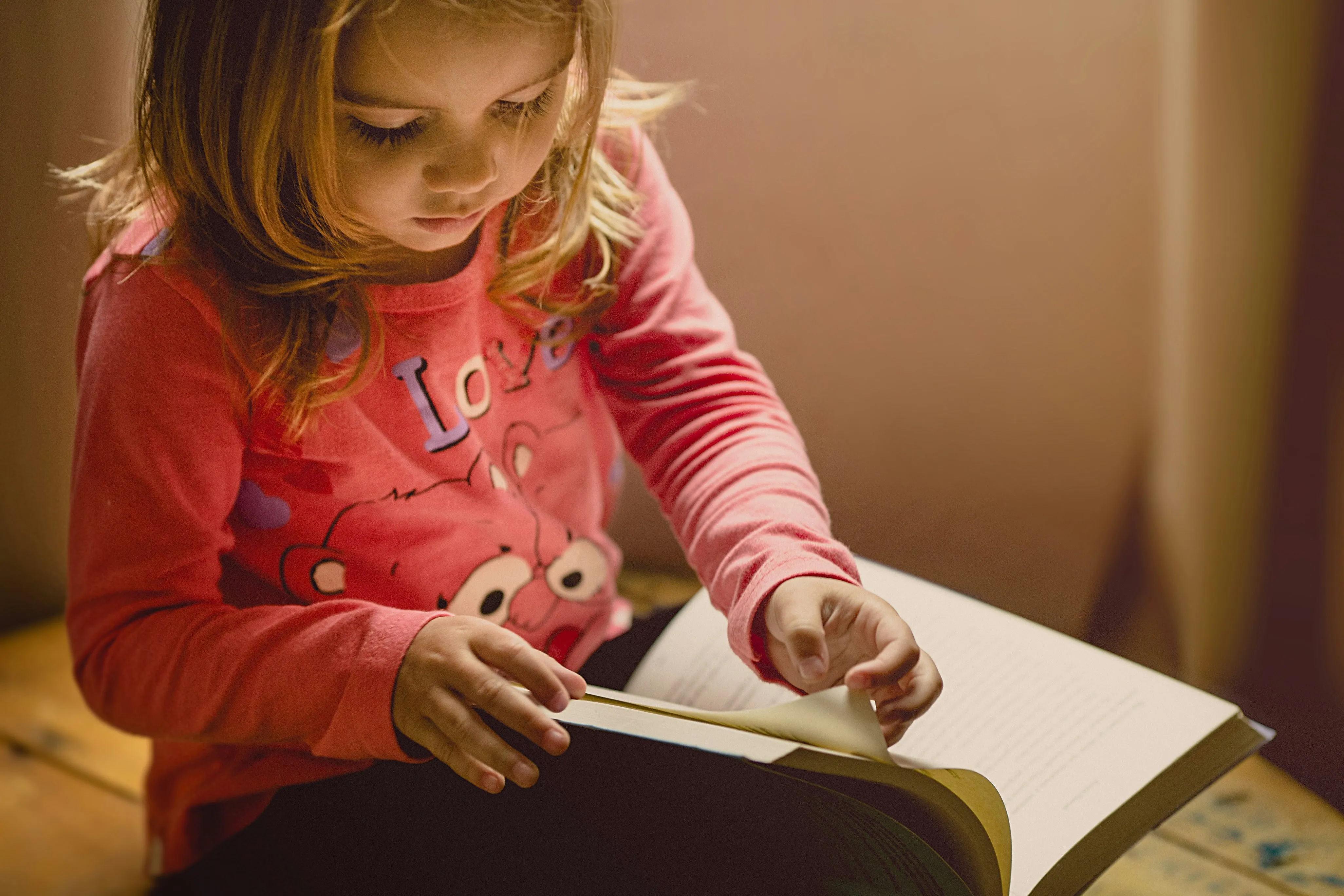Fostering a Lifelong Love for Learning

Nurturing a Lifelong Love for Learning Highlights
- In today's rapidly changing world, lifelong learning has become more important than ever before.
- The process of learning doesn't end with high school or college; it is a lifelong journey of discovery and personal growth.
- Cultivating a love for learning is essential for individuals of all ages, as it promotes critical thinking, personal development, and the acquisition of new skills and knowledge.
- In this blog, we will explore the role of curiosity in learning, strategies to foster a hunger for knowledge, the transformative power of learning centers, the transition from school to lifelong learning, and community insights and strategies for nurturing a love for learning.
- By understanding and embracing the lifelong learning process, we can unlock our full potential and lead a fulfilling life of continuous growth and personal development.
The Journey of Discovery: Understanding Learning as a Process
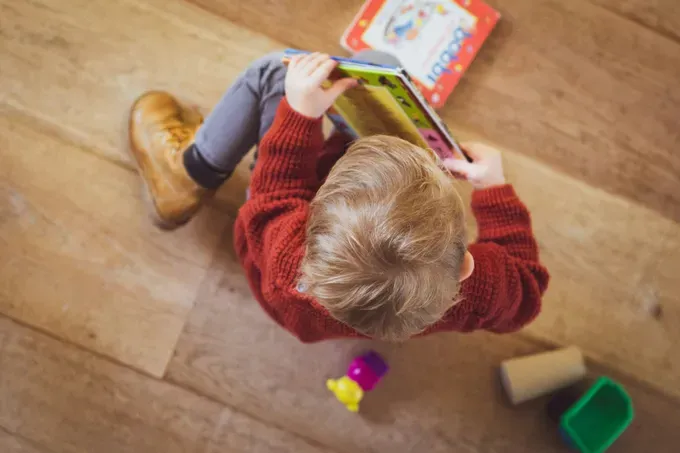
- Learning is not a destination; it is a lifelong process of growth, discovery, and personal development.
- It involves acquiring new information, mastering new skills, and continuously expanding our knowledge.
- Lifelong learning is the commitment to learning new things throughout our lives, even after formal education ends.
- It allows us to keep our minds active, stay intellectually curious, and adapt to the ever-changing world around us.
- By understanding learning as a process, we can embrace the joy of lifelong learning and unlock our full potential.
The Role of Curiosity in Learning
- Curiosity is the fuel that ignites a lifelong love of learning. It is the driving force behind exploration, critical thinking, and the desire to learn new things.
- When we approach learning with curiosity, we become active participants in the learning process, asking questions, seeking answers, and connecting new information to our existing knowledge.
- Curiosity unlocks a child's interests, helping them discover their passions and tap into their full potential.
- Fostering curiosity early on is crucial, as it sets the stage for a lifelong love of learning.
- By nurturing curiosity in ourselves and others, we can embrace learning as a lifelong journey of growth and personal fulfillment.
The Lifelong Learning Process: An Overview
The lifelong learning process involves nurturing a love of learning throughout our lives. It encompasses strategies, tools, and techniques to foster a genuine hunger for knowledge and personal growth. Embracing a lifelong love of learning leads to continuous personal development and a deeper understanding of the world around us. Creating a lifelong learning environment is essential, as it ensures that learning becomes a part of our daily lives. From the early years to adulthood, the learning process encourages us to embrace new opportunities, challenge ourselves, and continually expand our horizons. By recognizing learning as a lifelong journey, we can cultivate a love of learning that lasts a lifetime.
Igniting the Spark: Fostering a Genuine Hunger for Knowledge

Once curiosity is ignited, the next step is fostering a genuine hunger for knowledge. Going beyond information overload is crucial, as overwhelming learners with information can dampen their love of learning. Balancing information intake and encouraging critical thinking are essential in nurturing a love of learning. Engaging strategies that pique interest and ignite curiosity play a vital role in fostering a genuine hunger for knowledge. By utilizing innovative techniques and providing a learning environment that promotes enjoyment, individuals can cultivate a lifelong passion for learning.
Disrupts Information Overload
Encouraging in a love of learning involves striking a balance in information intake, and avoiding overwhelming learners to nurture their curiosity. Going beyond information overload is crucial in sparking a genuine hunger for knowledge, and fostering a deeper connection with the subject matter. This approach is essential in cultivating a lifelong passion for learning, especially in the early years of education. By utilizing interactive apps and providing access to a diverse dictionary, educators can facilitate an environment that encourages exploration without overwhelming students.
Strategies to Pique Interest and Ignite Curiosity

- Engage learners through hands-on activities and experiments
- Incorporate real-world examples and practical applications
- Encourage questions and create opportunities for discussion
- Use multimedia resources, such as videos, podcasts, and interactive apps
- Connect learning to personal interests and passions
Tools and Techniques to Sustain the Hunger for Knowledge
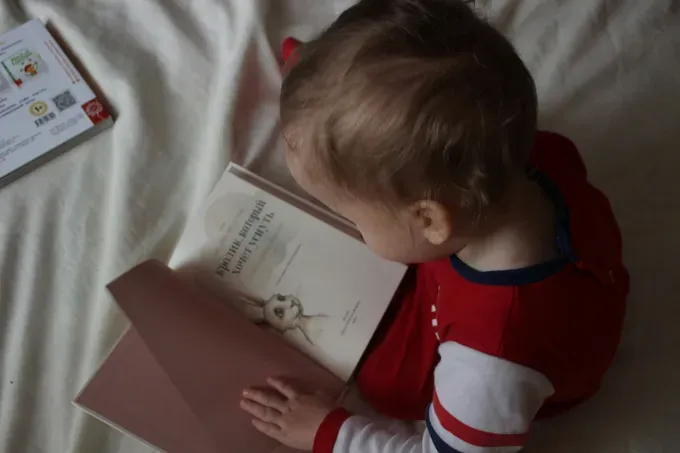
To sustain the hunger for knowledge, effective tools and techniques can play a crucial role. These tools help individuals continue their lifelong learning journey and maintain their passion for learning. Some tools and techniques that can be used include:
- Online courses and educational platforms: These provide access to a wide range of courses and learning materials, allowing individuals to explore new topics and acquire new skills at their own pace.
- Learning apps and games: These interactive tools make learning engaging and enjoyable, encouraging individuals to continue learning in a fun and interactive way.
- Personal learning networks: Joining communities of like-minded learners provides opportunities for collaboration, discussion, and sharing of resources, fostering a lifelong passion for learning.
- Reflective learning practices: Encouraging individuals to reflect on their learning experiences helps them connect new knowledge to their existing understanding, deepening their learning and sustaining their hunger for knowledge.
- Continued exploration and curiosity: Encouraging individuals to seek out new information, explore various interests, and embrace new experiences helps sustain their love for learning throughout life.
Transforming Curiosity into Lifelong Learning: The Secret Unveiled

Curiosity is the spark that ignites a love of learning, but how do we transform that curiosity into lifelong learning? The key lies in encouraging self-directed learning and embracing experiential learning. By empowering individuals to take control of their learning journeys, we foster lifelong learning that goes beyond the boundaries of traditional education. Self-directed learning allows individuals to pursue their interests and passions, while experiential learning provides hands-on, real-world experiences that deepen understanding and foster personal growth. Together, these approaches unlock the full potential of lifelong learning, turning curiosity into a lifelong love of learning.
Encouraging Self-Directed Learning
Self-directed learning empowers individuals to take ownership of their learning journey. It involves setting personal learning goals, identifying resources, and designing learning experiences that align with individual interests and preferences. By actively engaging in the learning process, individuals become more motivated, independent, and lifelong learners. Self-directed learning can take many forms, such as reading books, attending workshops, participating in online courses, or pursuing personal projects. Embracing self-directed learning is crucial in nurturing a love of learning that lasts a lifetime, as it allows individuals to explore their passions, overcome challenges, and continue growing and learning throughout their lives.
The Power of Experiential Learning
Experiential learning is a powerful tool in fostering lifelong learning. It involves learning through direct experience, reflection, and application of new knowledge in real-world contexts. By creating a learning environment that emphasizes hands-on, practical learning experiences, individuals can develop a deeper understanding and appreciation for the subjects they are studying. Experiential learning encourages active learning, critical thinking, and problem-solving skills, and it allows individuals to apply what they have learned in meaningful ways. By embracing experiential learning, individuals can tap into their full potential, expand their horizons, and develop a lifelong love of learning.
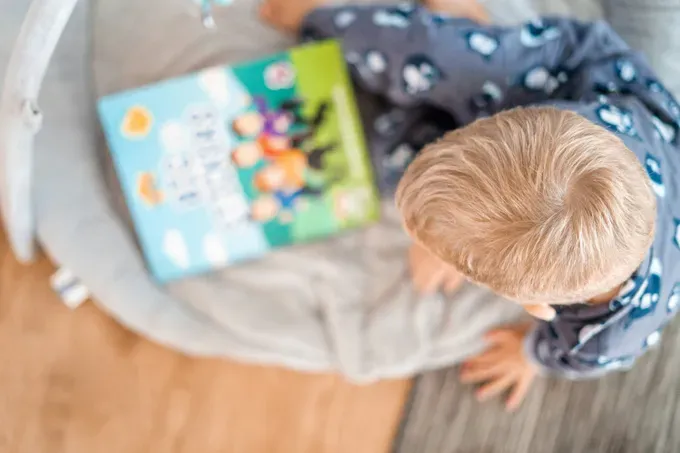
Adult Learning: Transition From School to Lifelong Learning

The transition from school to lifelong learning is an important stepping stone in one's educational journey. For many, the traditional school environment provides structure, guidance, and a clear path of learning. However, as we transition into adulthood, the learning landscape shifts, and the responsibility for our personal growth and development becomes our own. Adult learning involves embracing the mindset of lifelong learning, adapting to different learning environments, and taking ownership of our learning journeys. It requires understanding the key differences in teaching adults and overcoming challenges to ensure a lifelong love of learning and personal growth.
Overcoming the Challenges: Effective Strategies for Adult Learning

- Offer flexible learning options, such as online courses or part-time programs, to accommodate busy schedules
- Provide opportunities for self-reflection and goal-setting to help adult learners stay motivated and focused
- Foster a supportive learning environment where adult learners feel comfortable asking questions and seeking clarification
- Encourage collaboration and peer learning to promote active engagement and build a sense of community
- Provide relevant, real-world examples and case studies to demonstrate the practical application of new knowledge
Cultivating a Love for Learning: Community Insights and Strategies
- Cultivating a love for learning is not the sole responsibility of schools or individuals; it requires the collective effort of communities.
- Communities play a crucial role in nurturing a love of learning, providing support, and offering learning opportunities for individuals of all ages.
- By sharing community insights, resources, and strategies, we can create a culture of lifelong learning that extends beyond the classroom.
- Community partnerships, learning initiatives, and collaborative efforts can help individuals of all ages develop a lifelong passion for learning, personal growth, and intellectual curiosity.
Conclusion
In conclusion, cultivating a lifelong love for learning is a transformative journey that begins with understanding learning as a process and embracing curiosity. It involves going beyond information overload and finding strategies to sustain the hunger for knowledge. Encouraging self-directed and experiential learning can help individuals develop a genuine hunger for knowledge. In early childhood education, learning centers play a crucial role in nurturing a love for learning by fostering creativity and innovative thinking. Transitioning from school to lifelong learning requires understanding the key differences in teaching adults and implementing effective strategies. Ultimately, sustaining the love for learning in the 21st century requires community insights and collaborative efforts.
What does lifelong learning mean to you? What are your strategies for cultivating a love for learning? Share your thoughts and experiences in the comments below. Let's continue the conversation and inspire others to embrace a lifelong journey of discovery.
Frequently Asked Questions
What does lifelong learning mean?
- Lifelong learning refers to the continuous pursuit of knowledge and skills throughout one's life. It involves a commitment to personal growth, curiosity, and development beyond formal education.
- Lifelong learning unlocks our full potential, allowing us to explore new interests, acquire new skills, and stay intellectually active.
- It is a mindset that embraces learning as a lifelong journey, enabling us to adapt to new challenges, broaden our horizons, and live fulfilling lives of personal growth and intellectual curiosity.
How Can We Sustain the Love for Learning in the 21st Century?
In the fast-paced and ever-changing 21st century, sustaining a love for learning is more important than ever. To foster a lifelong love of learning, we must adapt to the new learning landscape and embrace new opportunities. Here are some ways we can sustain the love for learning in the 21st century:
- Embrace technology: Utilize online resources, learning platforms, and educational apps to access information, connect with experts, and engage in interactive learning experiences.
- Promote lifelong learning initiatives: Encourage businesses, educational institutions, and communities to provide lifelong learning opportunities, such as workshops, webinars, and mentorship programs.
- Foster a growth mindset: Embrace challenges, persevere through setbacks, and view learning as a lifelong journey of growth and personal development.
- Create a supportive learning environment: Surround yourself with like-minded learners, join study groups, participate in learning communities, and seek out mentors who can inspire and guide your learning journey.
- By adapting to the 21st-century learning landscape, we can sustain a lifelong love of learning, personal growth, and new information acquisition.
What are the benefits of lifelong learning?

The benefits of lifelong learning are numerous and impactful. Lifelong learning keeps our minds active and sharp, improving cognitive function and memory. It promotes personal growth, allowing us to acquire new skills, explore new interests, and develop our full potential. Lifelong learning also enhances career opportunities, as continuous learning and skills development are highly valued in today's job market. Furthermore, lifelong learning enriches our lives, broadens our horizons, and fosters a sense of personal fulfillment and accomplishment.
How can you develop a love for learning that lasts a lifetime?
Developing a love for learning that lasts a lifetime requires a mindset of curiosity, exploration, and personal growth. To cultivate a lifelong love of learning:
- Identify your personal interests and pursue learning opportunities related to them.
- Make learning a daily habit by setting aside time each day for reading, studying, or exploring new topics.
- Find a community of learners, such as joining a book club or participating in online forums, to share ideas and stay motivated.
- Embrace failure as an opportunity to learn and grow, and view learning as a lifelong journey of personal growth and development.
How might we foster a culture of lifelong learning in Canada?
To foster a culture of lifelong learning in Canada, it's essential to leverage national policies like the Lifelong Learning Plan (LLP) and government support for continuous education. Promoting a knowledge economy encourages individuals to upgrade skills regularly, while addressing barriers such as financial constraints enhances accessibility. Educational institutions should offer diverse learning opportunities and integrate technology to facilitate flexible learning. Cultivating a mindset that values continuous learning, alongside community support and collaboration, can further embed lifelong learning into Canadian culture, ensuring adaptability and competitiveness in a rapidly evolving world.
Related Articles:
Success: A Journey, Not a Destination
Personalized Learning Paths for Success
The Perfect Gift: Personalized Book for Baby
Citations:
https://ileadschools.org/nurturing-lifelong-learners-cultivating-a-love-for-learning-in-your-child/
https://www.scholastic.com/
https://www.edutopia.org/topic-index

